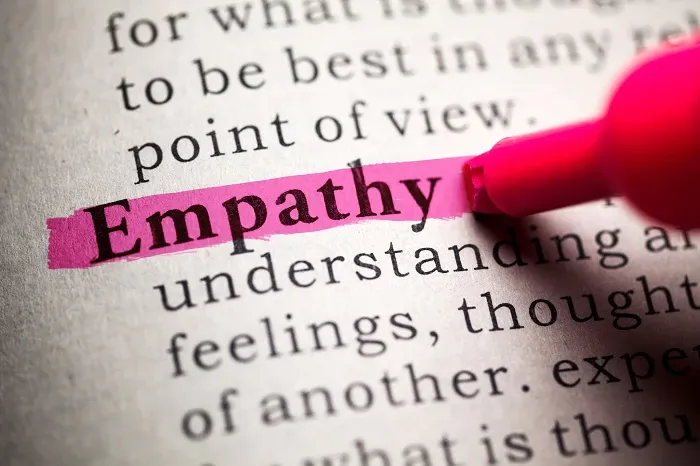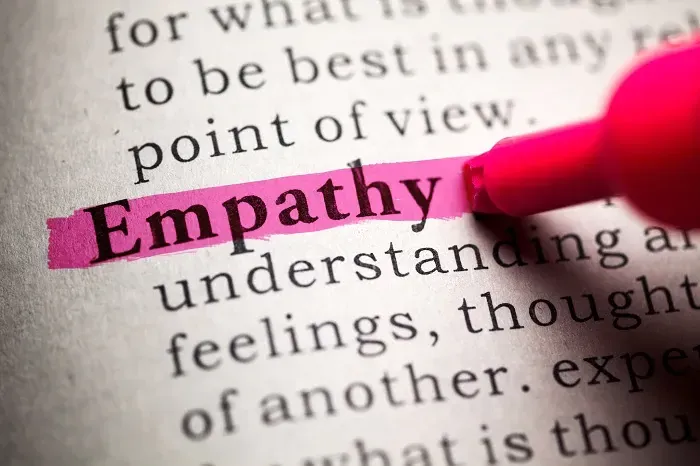Why an arts degree is a must-have asset in the workplace
Written by

Workplaces have evolved rapidly in recent years due to the advent of new technologies, changing business needs, and the new cohort of workers entering the workforce.
Correspondingly, environments that once relied heavily on ‘hard’ quantifiable skills such as maths and computer programming are now increasingly reliant on less measurable ‘soft’ skills.
According to organisational psychologist Suzie Plush, such soft skills include ‘complex analysis; your ability to influence; your ability to connect with other people; leadership traits; creativity; problem solving; adaptability; resilience; digital literacy and more.’
With increasingly complex threats to business’ sustainability and the rapid changes in the way organisations are governed, soft skills are now more in demand than ever. But how can we learn and apply soft skills in the workplace?
Plush says if you have completed, are currently studying, or thinking of enrolling in a Bachelor of Arts, you already have the answer.
‘A lot of the competencies that you learn from an Arts Degree or a Bachelor of Arts are things that are going to put you in good stead moving forward in the future. There are a lot of those incredible skills that a robot just can’t replace,’ she explains.

As a career expert, Plush understands the importance of finding the right degree to suit your career ambitions and says that the Bachelor of Arts has become increasingly popular in recent years. ‘(There) are some amazing degrees,’ she explains. ‘For example, in the Bachelor of Arts students can study different major streams. There’s Fine Art, Professional Writing and Publishing; another one is Digital Design; you’ve got Animation and Game Design, and there’s Visual Design and Internet Communication too.'
Plush also mentioned other available majors include Politics, Modern History, Community Development, Psychology, Sociology.
‘What I love about the Bachelor of Arts is that there is that mix of written communication, however there is a visual representation to all of that as well – so it’s building both sides of your skill-set.’
She continues: ‘It’s no longer about just the arts component but you’re bringing in that element of communication, and your relational ability as well, and a lot of the courses have that digital edge too, so it’s keeping the elements of the online world.’
Soft skills and how to use them to your advantage
Adaptability, critical thinking and empathy for your peers are now key aspects of the modern workplace; such values have shown to yield higher results in workforce engagement and productivity.
So how do you tap into your innate intuitive nature and learned experiences in order to achieve stellar outcomes in the workplace?
Plush says understanding how you work with others is a start. ‘Teamwork is important. Managers are looking for people who work well with others. You have to have the ability to empathise. You have to be able to imagine yourself in someone else’s shoes, and that will help you build great relationships and great rapport, which then ties back into team work.’
"a great manager is someone that can show that they have emotional intelligence and the ability to empathise"
Having an empathetic nature and a deeper understanding of your fellow workers can be the difference between a harmonious or chaotic workplace.
‘They say that a great manager is someone that can show that they have emotional intelligence and the ability to empathise. And it’s a key thing, particularly if you want to move up the rungs of the organisation.’
Research indicates that you can also say goodbye to working nine to five as employers benefit from the fluidity of flexible work hours and employees crave better work/life balance. Flexi-work, time in lieu, and working remotely from home are becoming the norm in the modern workplace.
This new environment demands workers who possess critical thinking skills. The ability to evaluate a problem, formulate a judgement and make quick decisions are essential for employees who work independently.

‘There was a recent study that said the key competency for future-proofing your career is learning to think critically,’ says Plush. ‘It’s about your creativity and your problem-solving skills, resilience, and digital knowledge. These are the skills in demand.’
A Bachelor of Arts cultivates all of these traits and more, Plush continues.
"the key competency for future-proofing your career is learning to think critically"
‘These are skills that can't be replaced by somebody that doesn't have to think outside the box. You’re really going to be stretching your thinking, but your ability to do these different things will really help your career.’
Utilising your intuitive skills such as communication and attentive listening can help you become far more influential in the workplace. Resilience under pressure can also showcase your innate leadership skills.
Other skills that an education in the arts can provide, and traits you shouldn’t overlook, include work ethic, networking, positivity, time management, motivation, and conflict resolution skills.
‘Those students who go down the arts faculty road will often be intuitive,’ Plush says.
She reminds students who are considering enrolling in a Bachelor of Arts to ‘follow that intuitive part of yourself. Listen to that inner voice – and remember as you go along that you can make changes'.
‘Studying the arts isn’t a black and white degree, it’s not like commerce or accounting; there is a lot more complexity to it, a lot more creativity. I think often those who are quite intuitive are drawn to that,’ Plush concludes.
This article was first published by our Ozzy friends at Artshub on 11 December 2018. Thank you Artshub!

